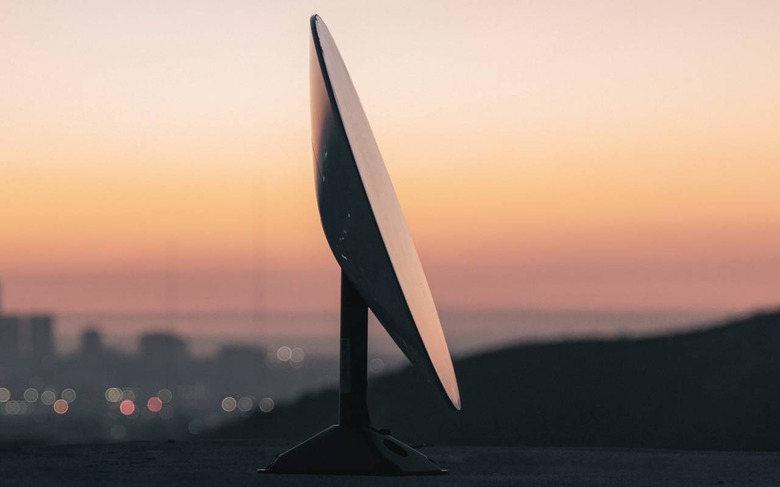SpaceX Scrubs Today's Starlink Launch - Elon Explains Why
SpaceX's latest launch has been scrubbed, postponing the addition of new satellites to its Starlink internet constellation. The Falcon 9 launch today was meant to be the company's fifteenth Starlink mission, adding new satellites to build out coverage for the soon-to-launch internet provider.
That's been put on hold, however. "Standing down from today's launch of Starlink to allow additional time for mission assurance work," SpaceX tweeted, "will announce next launch opportunity once confirmed on the Range."
According to SpaceX founder Elon Musk, the issue is a minor one. "Just a small-seeming issue with loss of upper stage camera," he tweeted in response. "Probably nothing serious, but standing down to re-examine whole vehicle just in case."
Just a small-seeming issue with loss of upper stage camera. Probably nothing serious, but standing down to re-examine whole vehicle just in case.
— Elon Musk (@elonmusk) October 22, 2020
The mission was to add a further 60 Starlink satellites into orbit. It would also have been another opportunity to demonstrate SpaceX's reusability credentials. The Falcon 9 first stage, for example, was used before in September 2020 for another Starlink mission. Before that, it was part of the GPS III Space Vehicle 03 mission in June 2020.
It's set to be reused again, too. The first stage is scheduled to to land on the SpaceX drone ship, "Just Read the Instructions," so that it can be refurbished and flown on future missions. That's instrumental in SpaceX's mission to reduce the cost of launches, as it bids for contracts with NASA and others.

Starlink is SpaceX's vision of next-generation wireless internet. Rather than rely on wireline connections, like DSL or cable, or ground-based 4G/5G antennas as the major carriers are exploring, it uses a network of satellites, clustered together into a mesh layout known as a constellation. These communicate with a ground-based satellite dish, which is designed to automatically configure itself and keep a lock onto the Starlink satellites above.
Although only in beta at the moment, and with the constellation itself still yet to be completed, the speed tests are already positive. Starlink says it can equal ground-based internet bandwidth, with the flexibility of repositioning that connection according to wherever it's actually needed.
While today's launch may have been scrubbed, the next opportunity isn't far out. SpaceX had already earmarked a backup launch window for tomorrow, October 23, at 11:53am EDT.
